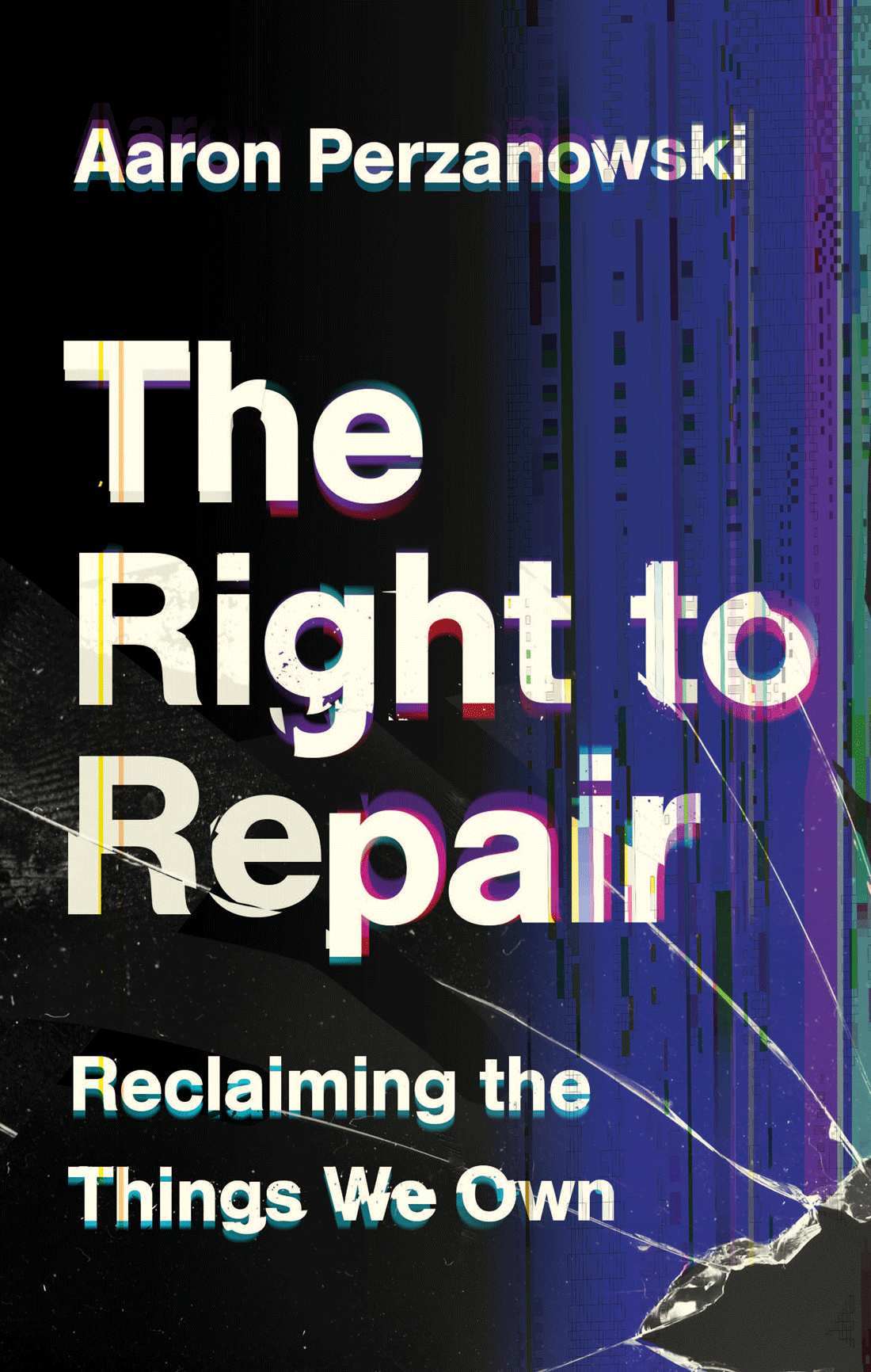Do you own the phone in your pocket? For most of us, the obvious, intuitive answer is yes. A device that you carry with you every day to communicate with colleagues, friends, and loved ones that contains a trove of personal information, feels fundamentally yours. But the reality is more complicated.
When the very functioning of a device depends on embedded software and network connections, it remains tethered to its manufacturer even after you buy it. That’s true not only for smartphones, but for vehicles, kitchen appliances and even door locks. This tether can reveal itself in many ways. Some will recall the shock of iPhone owners in 2014 when an unsolicited U2 album appeared on their devices without warning. Even though it was free, the incident was unsettling because it revealed that our phones weren’t entirely under our control.
For years, that tether has manifested itself in another, far more troubling way. Device makers use their power over hardware, software, and pricing to discourage and even prevent us from repairing the products we buy. And without the right to fix your phone or your tractor, can you really claim to own it?
When companies build their products using speciality screws, seal them with glue and solder and rely on non-modular parts, they are choosing to make repair more difficult. Of course, planned obsolescence is nothing new. Manufacturers have been designing products to shorten their lifespans and maximise replacement sales for a century.
But in the era of software-dependent ‘smart’ devices, manufacturers have more power over repair than ever. Software code allows them to restrict access to diagnostic information necessary to pinpoint faults. It enables them to disable genuine replacement parts that weren’t installed by the manufacturer’s preferred repair provider. In extreme cases, these software locks can brick devices – rendering them entirely unusable – for the sin of an otherwise successful independent repair.
These restrictions are compounded by the economic power manufacturers wield in repair markets. Many device makers simply refuse to sell replacement parts to device owners or independent repair shops. They enter into exclusive deals with part makers to clamp down on the market for necessary parts, as Apple has done with suppliers like Intersil. As a result, device makers can charge exorbitant prices for straightforward repairs. And for many devices that are just a few years old, they offer no repairs at all. The message is unmistakable: don’t repair your device, replace it.










